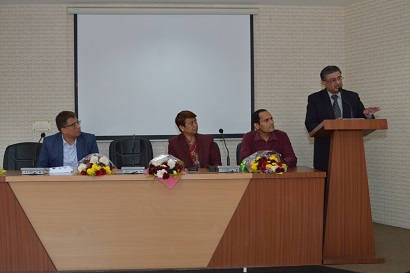 SHILLONG, DEC 9: A two days training of trainers on Psychosocial Care In Disaster Reduction was inaugurated today at the Conference Hall of the Office of the Deputy Commissioner, East Khasi Hills, Shillong. M S Rao, Additional Chief Secretary to the Government of Meghalaya, Revenue and Disaster Management Department, graced the occasion as the Chief Guest in the presence of Smti. M W Nongbri, Deputy Commissioner and Chairperson District Disaster Management Authority, East Khasi Hills, Shillong and Dr. Sajeev Kumar Manikappa, Assistant Professor, Centre of Disaster Management, NIMHANS.
SHILLONG, DEC 9: A two days training of trainers on Psychosocial Care In Disaster Reduction was inaugurated today at the Conference Hall of the Office of the Deputy Commissioner, East Khasi Hills, Shillong. M S Rao, Additional Chief Secretary to the Government of Meghalaya, Revenue and Disaster Management Department, graced the occasion as the Chief Guest in the presence of Smti. M W Nongbri, Deputy Commissioner and Chairperson District Disaster Management Authority, East Khasi Hills, Shillong and Dr. Sajeev Kumar Manikappa, Assistant Professor, Centre of Disaster Management, NIMHANS.
The programme was organised by the National Institute of Mental Health and Neuro Science (NIMHANS) in collaboration with UNDP and funded by USAID. Over 30 participants representing educational institutions, government departments, medical institutions and NGOs took part in the training programme which aims to train participants to identify psychosocial issues among survivors of disasters and in turn provide them with necessary aid.
Addressing the gathering, M S Rao informed that Shillong is one of six cities across the country to be selected for the pilot programme conducted by NIMHANS in partnership with UNDP. Stating that in the past, incidences of disasters were tackled without any focus on the psychological effects of the survivors, however it is heartening to know that today the focus is being given to this vital aspect. While dealing with preparedness, Shri. Rao said that it is essential to build on the inherent strengths of the community and increase the level of preparedness.
M W Nongbri said that in spite of disaster management training being conducted, the preparedness level is still lacking. She reiterated the importance of looking beyond the physical impact of disasters and stressed on the need to take proactive steps to take care of the emotional impact of people during disasters. She called upon all the participants to take the message of the training to all the districts and blocks of the State.
It may be mentioned that the training programme is part of a two level programme where the 1st level training focussed on the psychosocial care post disaster and the 2nd level dealt with mobilising the community for better preparedness.
By Our Reporter










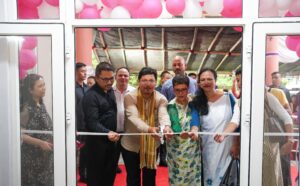
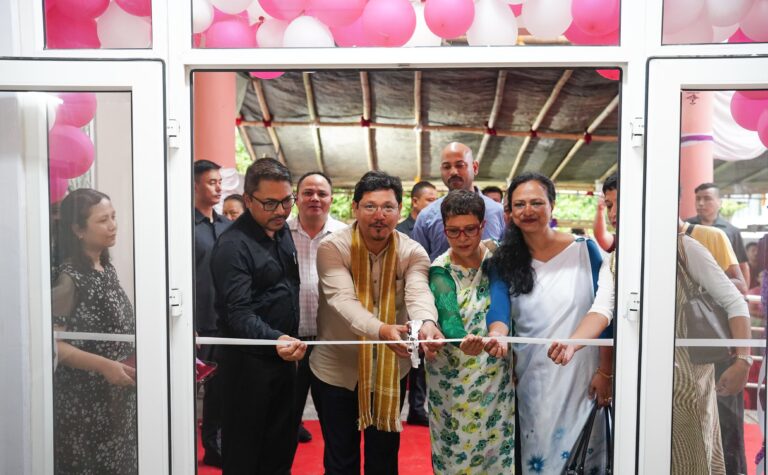
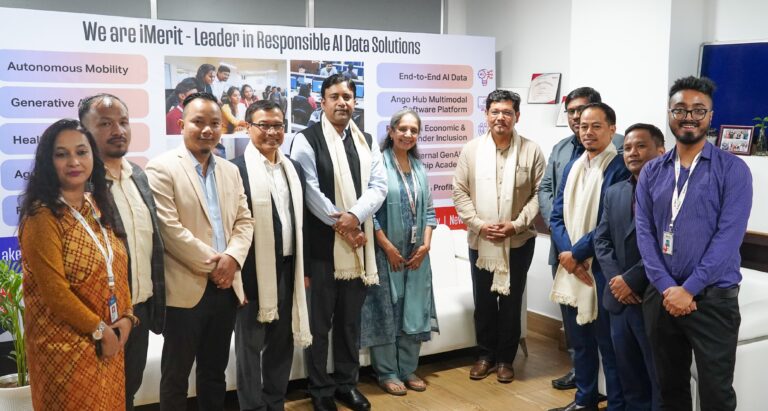
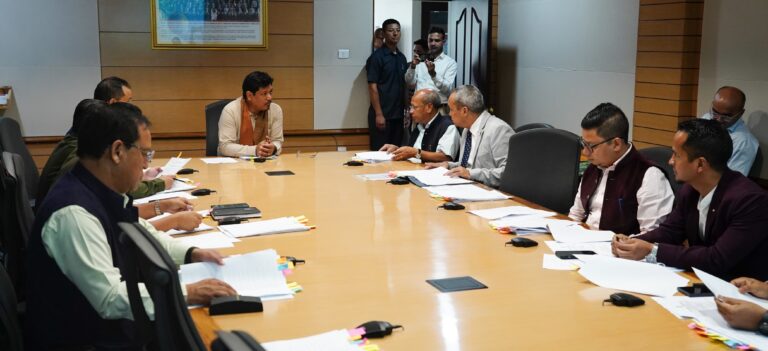


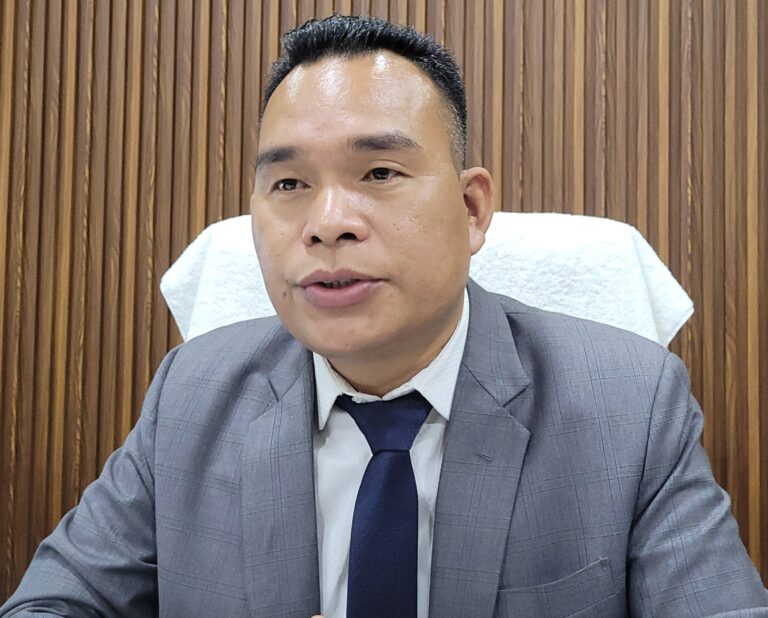
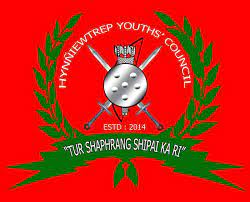


+ There are no comments
Add yours